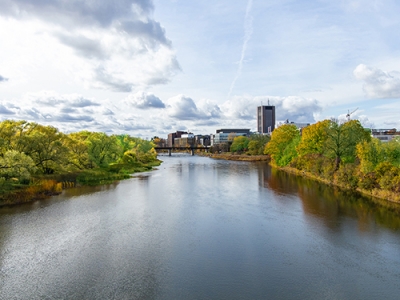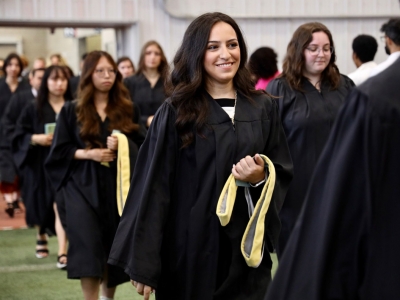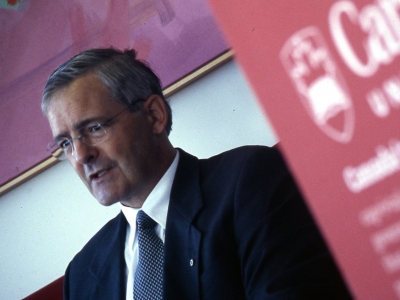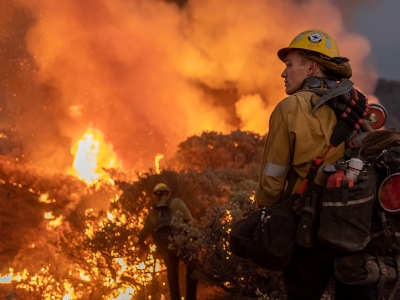From the haunting call of a loon on a remote lake, to whales breaching along the longest coastline in the world, nature is central to Canada’s national identity. But the science is clear, nature is under serious threat and solutions are needed.
Carleton University and Environment and Climate Change Canada brought together Canada’s leading conservation experts to identify the type of information needed to best conserve nature in Canada’s. They agreed that Canada must move beyond just collecting information and instead focus more on effective action. As well, the team highlights the crucial role of Indigenous knowledge systems in conservation.
The study has now been published in Biological Conservation: https://authors.elsevier.com/sd/article/S0006-3207(21)00035-5.
“It was heartening that in a room of researchers and knowledge keepers, the consensus was that we need to move from research to action, to support nature and make room for Indigenous knowledge and rights in the process.” said Rachel Buxton, lead author and post-doctoral researcher in Carleton’s Department of Biology. “We need to make conserving nature part of everything that we do, and we need to do this quickly – human actions are undermining the natural systems on which humanity depends.”
As the global conservation community negotiates a post-2020 biodiversity conservation framework, Canada has an enormous role to play. The country is responsible for safeguarding much of the world’s intact forests, freshwaters and wetlands. Yet, Canadian natural environments are at risk, with many Canadian species in decline. And while Indigenous peoples and their lands have a critical role to play in maintaining biodiversity, there are still significant barriers to the meaningful and rightful participation of Indigenous peoples in conservation.
“Since colonization, Indigenous ways of knowing and being have been in many ways severed from the landscapes on which they were formed,” said Andrea Reid, study co-author and Nisga’a scholar at The University of British Columbia’s Centre for Indigenous Fisheries. “We need to see a return of power into Indigenous hands, to amplify Indigenous voices, and to cultivate greater public awareness that Indigenous knowledge systems are, in effect, also science.”
Some of the innovative ideas emerging from these discussions relate to using big data for nature conservation. “We live in the information age – we have enormous amounts of data and information at our disposal to help problem-solve,” said Joseph Bennett, study co-author and professor in Carleton’s Department of Biology. “As scientists, we like collecting new data, but with big data being generated by social media and citizen science, often these data are being collected for us.”
“This project was an effort to recalibrate our priorities for nature conservation, and a clear take home message was that some of our biggest information needs are not facts and figures about plants and animals,” said Paul Smith, study co-author and research scientist with Environment and Climate Change Canada. “Rather, we need a better understanding of how to motivate people, influence economies and alter policies in ways that benefit nature. From toxicologists to Indigenous Elders to social scientists, all agreed that interdisciplinary thinking is needed to solve these complex problems.”
“We’re in the middle of a biodiversity crisis, but thankfully many of us are united by our common desire to protect the natural world,” said Buxton. “It’s time to work together, respect a diversity of voices, and move from knowledge to action if we’re going to protect nature before it’s too late.”
Media Contacts
Steven Reid
Media Relations Officer
Carleton University
613-265-6613
Steven.Reid3@carleton.ca
Follow us on Twitter: www.twitter.com/Cunewsroom
COVID 19 Updates: https://newsroom.carleton.ca/coronavirus-covid-19/messages/
Friday, February 19, 2021 in News Releases
Share: Twitter, Facebook



